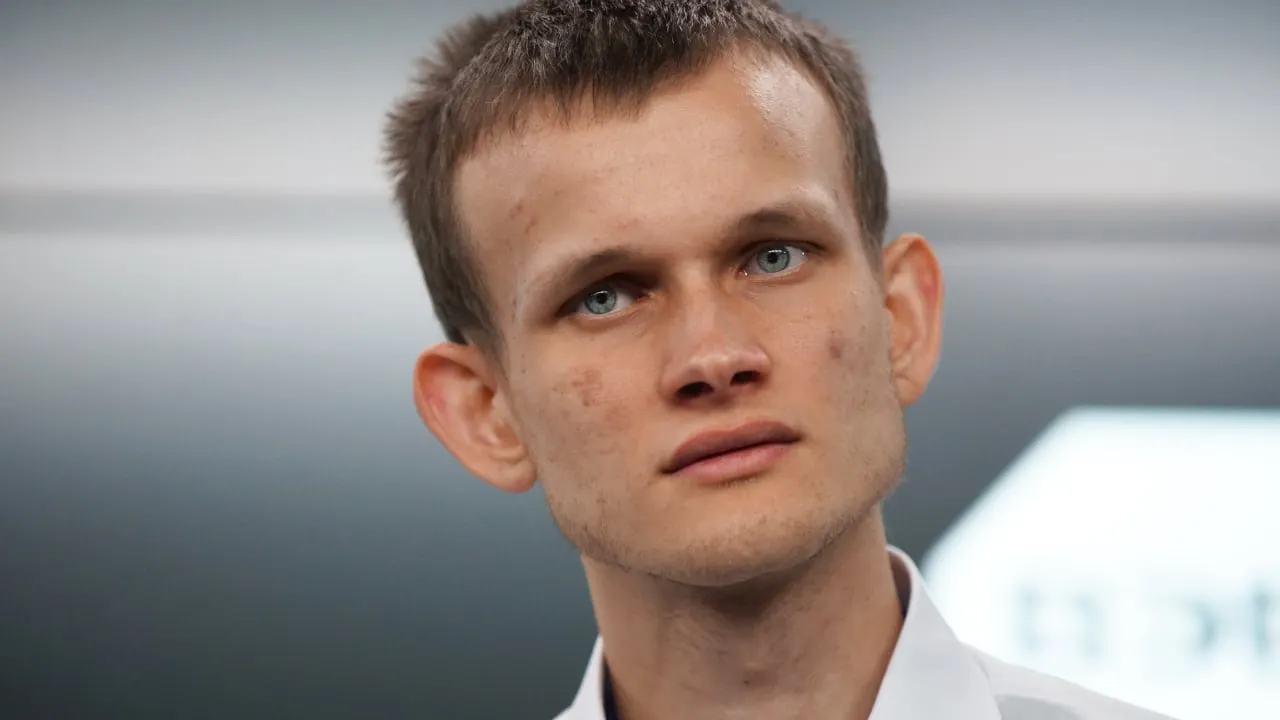At a fireside chat Thursday, Ethereum founder Vitalik Buterin completely ignored a question asking if he cared about the prospect of spot ETH exchange-traded funds (ETF) being approved in the United States. But he did weigh in on a secondary question on privacy, specifically in regards to the recent sentencing of an Ethereum protocol developer.
The crypto figurehead said that Tornado Cash developer Alexey Pertsev being sentenced to 64-months in prison was “really unfortunate,” and continued to back privacy-centric crypto tools, encouraging people to develop “next-gen” solutions.
“The Alexei thing is definitely really unfortunate,” Buterin said at DappCon in Berlin. “I think a lot of people have been going under the assumption [...] that just building software is something that’s okay, and is a totally legal and legit way to fight for privacy.”
But that assumption didn't hold up to the rule of law in this particular case, after a Dutch court ruled that the developer was guilty of money laundering due to the use of the software he coded. And that must be particularly worrying for Roman Storm, the Tornado Cash co-founder who awaits trial in the U.S. for similar money laundering charges.
Tornado Cash and other crypto coin mixers obscure where money is being sent. Privacy advocates emphasize that they have importance for everyday people, but we've seen substantial regulatory scrutiny towards their use for criminal groups looking to launder illicit funds—such as North Korean state-sponsored hacker organization Lazarus Group.
As a result, the Department of the Treasury’s Office of Foreign Assets Control (OFAC) banned Americans from using the platform in 2022, and developers have been prosecuted for their role in developing the autonomous protocol.
“It's definitely really, really sad, and I hope that with Roman’s trial in the U.S. we get some positive clarity on that.” Buterin said, before applauding ongoing efforts to maintain privacy in the industry.
“Privacy is important,” he said. “I think the ecosystem's willingness to rally around things like Railgun and 0xbow, and similar next-gen approaches, shows people’s sincerity on providing privacy for the common people—and not, you know, the Kremlin or whoever.”
Previously, Buterin pushed for privacy options that generate a zero-knowledge proof, which verifies that a user isn’t using a criminal address. That's called a Privacy Pool, and both Railgun and 0xbow utilize this system.
“I’m really supportive of people working on those things,” Buterin explained. “I hope that things go in a good direction within the ecosystem. And you know, I also hope that governments see the value of this.”
Edited by Andrew Hayward

